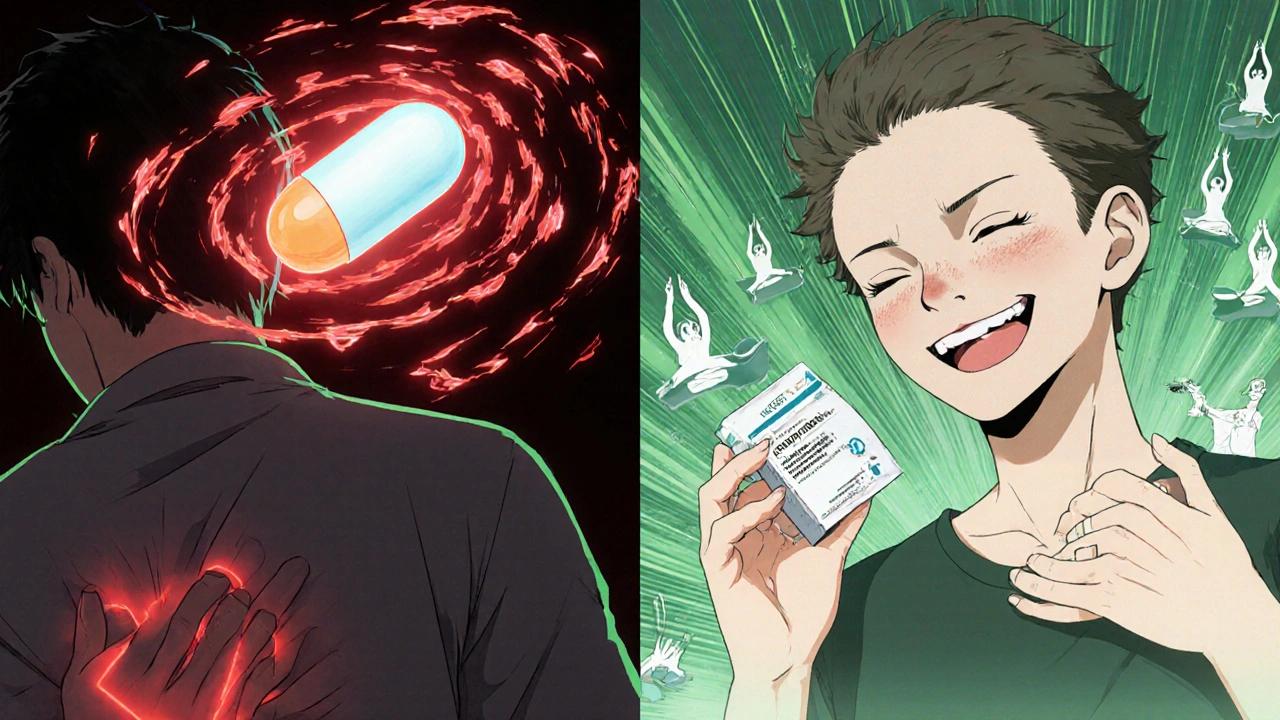Opioid Safety: How to Use Pain Medications Without Risking Addiction or Overdose
When you take opioids, a class of powerful pain-relieving drugs that include oxycodone, hydrocodone, morphine, and fentanyl. Also known as narcotics, they work by changing how your brain feels pain—but they also change how it rewards behavior, which is why even short-term use can lead to dependence. Opioid safety means more than just taking your pills as directed. It’s about recognizing when something’s off, knowing the signs of overdose, and understanding that your body can adapt in ways you don’t expect—even when you’re doing everything "right."
Many people don’t realize that low testosterone, a common side effect of long-term opioid use can make fatigue, depression, and loss of muscle mass feel like normal aging, when they’re actually drug-related. And medication adherence, how consistently you take your drugs as prescribed isn’t just about remembering your pills—it’s about knowing when to speak up if the side effects are worse than the pain. People stop taking opioids not because they’re careless, but because they feel worse, not better. That’s where opioid safety starts: with honest conversations, not just prescriptions.
Overdose is the most feared outcome, and it’s often preventable. Naloxone, the opioid reversal drug, isn’t just for addicts—it’s for anyone prescribed these medications, or living with someone who is. The drug safety, the system that tracks harmful effects of medications is improving, but it still relies on you noticing changes before they become emergencies. If you’ve been on opioids for more than a few weeks, ask your doctor about tapering plans, non-opioid alternatives like NSAIDs or physical therapy, and whether your pain is still being managed effectively—or just masked.
There’s no shame in needing pain relief. But there’s real danger in assuming opioids are harmless if your doctor wrote the script. The real question isn’t whether you’re taking them correctly—it’s whether you still need them at all. Below, you’ll find real stories and clear facts about how opioids affect men’s health, what to watch for, and how to protect yourself and your loved ones from the hidden risks behind the prescription bottle.
Pain Medications: Opioids vs Non-Opioids - What’s Safer and Why
Opioids aren't more effective than non-opioid pain meds for chronic pain - but they're far riskier. New research and guidelines show safer alternatives like NSAIDs and Journavx work just as well without the danger of addiction or overdose.
© 2026. All rights reserved.

